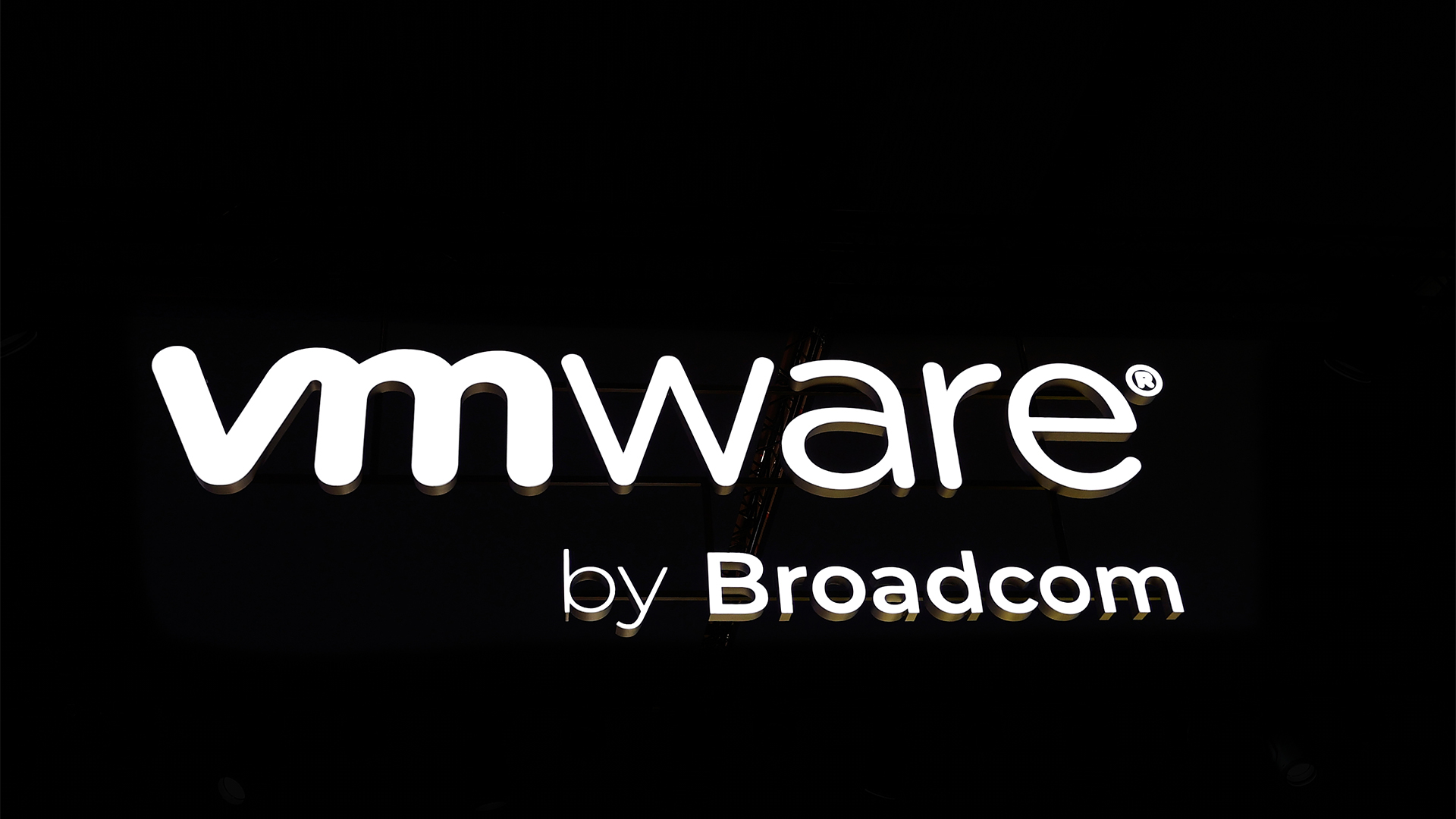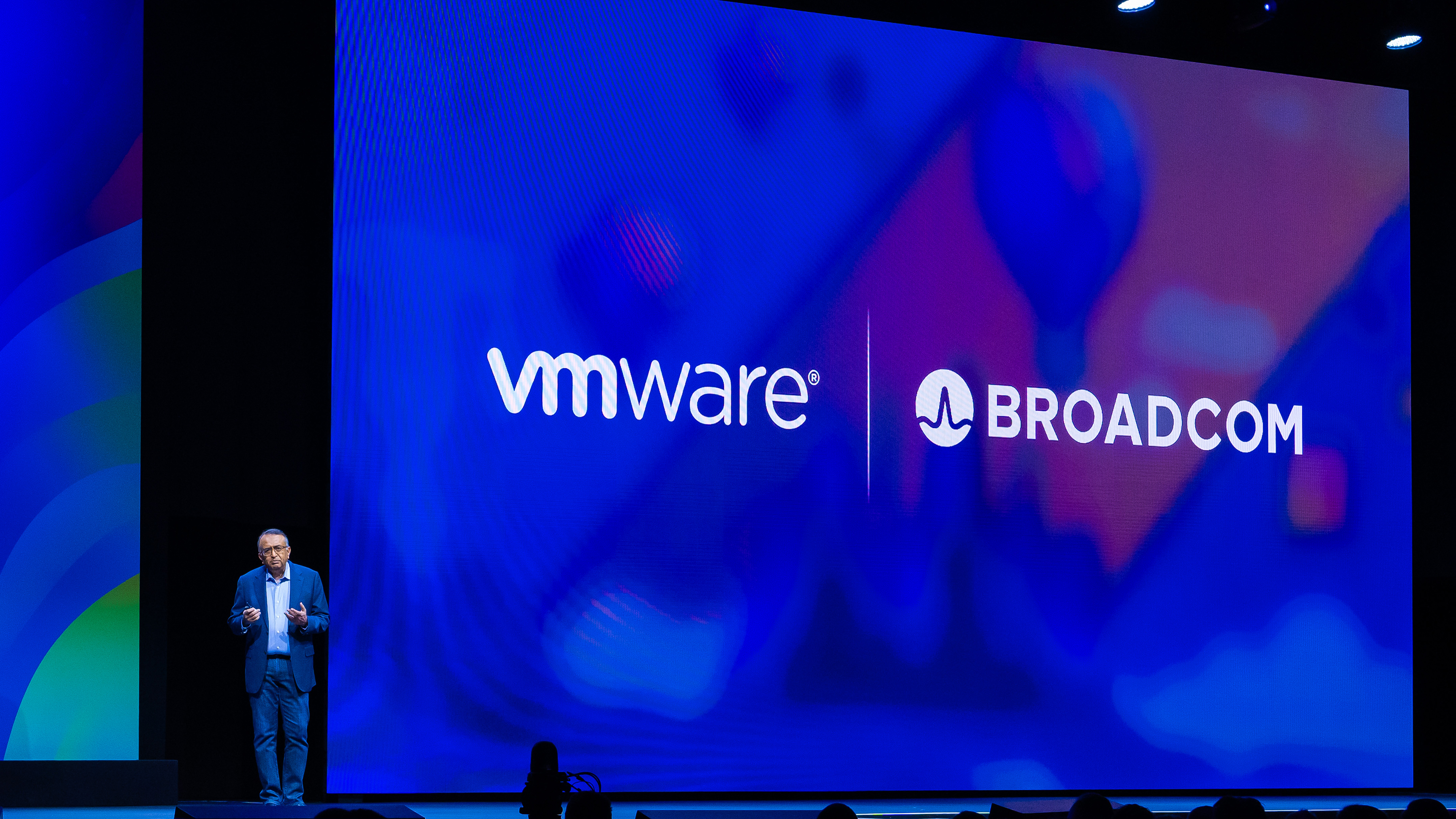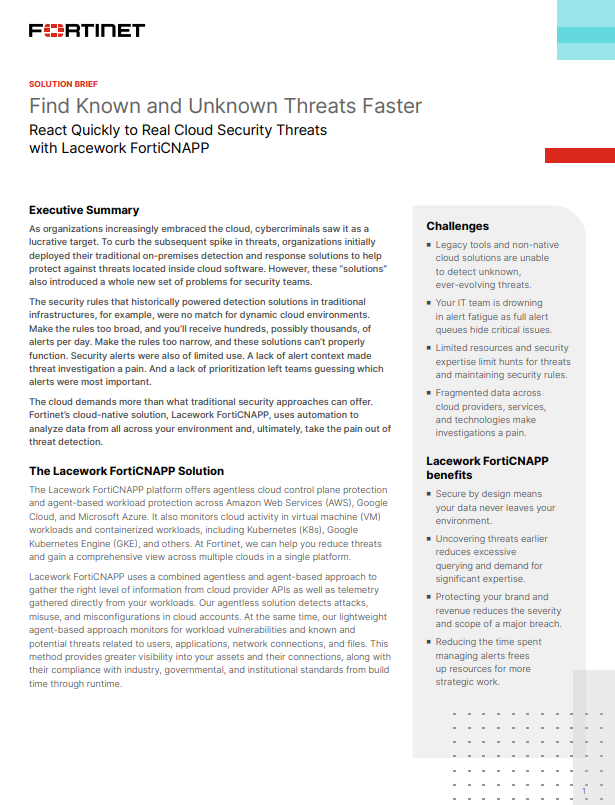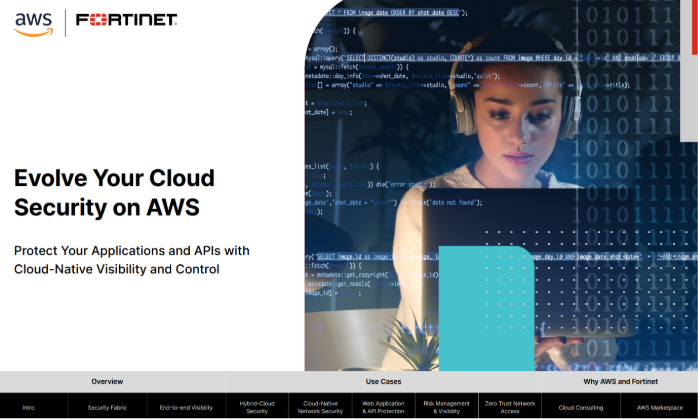Virtualised firms risk falling foul of software licensing rules, claim experts
Software vendors are clamping down on under licensed firms, prompting calls for enterprise users to get their virtual houses in order.

Every company that has embarked on virtualisation needs to urgently review the state of their software estate to ensure they are not under-licensed.
This is the view of software asset management firm License Dashboard, who claims firms that have gone down the virtualisation route may not appreciate the effect this has on the number of software licenses they need.
Speaking to IT Pro, Sean Robinson, managing director of License Dashboard, said virtualisation kit is becoming increasingly "dynamic and sophisticated", which is making it harder for end users to keep track of their licensing requirements.
Virtualisation may cut hardware costs, but the added licensing burden can end up costing you a lot more over time.
"Initially, a straight transfer from physical to virtual [servers] had little impact on your licensing," he said.
But the emergence of dynamic provisioning technologies in recent years, such as VMware's Distributed Resources Scheduler (DRS), means this has changed.
These types of tools allow servers to automatically select a new virtual machine to run a software application on if others are taken up with different tasks.
Get the ITPro daily newsletter
Sign up today and you will receive a free copy of our Future Focus 2025 report - the leading guidance on AI, cybersecurity and other IT challenges as per 700+ senior executives
As a result, companies often end up operating many instances of the same application on multiple servers, and unless they have a license covering each one they can end up falling foul of software licensing regulations.
"People have traditionally viewed virtualisation as a way to reduce hardware costs," he said. "This additional functionality suddenly adds a huge impact on the licensing requirements...[meaning] virtualisation may not end up being as attractive as it first appeared," said Robinson.
"Yes, it may reduce your hardware costs, but switch on that additional functionality and suddenly the licensing can end up costing you a lot more over time."
As an example, he highlights the case of an unnamed company License Dashboard has dealt with recently, who claimed to have saved 2 million by virtualising their infrastructure.
"When we came and did a reconciliation exercise, we discovered a 3 million shortfall in licensing because of what they had done," he claimed.
In a statement to IT Pro, VMware said users can alter the settings of DRS to ensure compliance with licensing rules.
"DRS automates workload placement and load balancing by adhering to resource allocation policies set up by the customer. Customers can define host affinity and host anti-affinity rules that direct and constrain DRS's workload placement," the statement said.
"These rules enable customers to benefit from DRS's optimisation and intelligence while also helping them to comply with their business policies, such as per-CPU-based application licensing constraints."
Even so, Robinson said it is in end users' best interests to ensure compliance, as software vendors are increasingly clamping down on unlicensed firms, which in some cases can result in hefty fines.
"There has been a massive increase in vendor [software audits] and, in nine times out of ten cases, it is in the virtual space where the issues arise," he said.
However, he admits the complex and ever changing rules governing most software licensing agreements can make it difficult for end users to tell if they are compliant or not.
"Every organisation that has a virtual environment should review their licensing requirements now because they're at risk," Robinson added.
Continues on next page.
-
 How simplicity benefits the IT partner ecosystem
How simplicity benefits the IT partner ecosystemSponsored Content Across private cloud and AI adoption, simple approaches can unlock more time and money for IT teams
By ITPro
-
 A focused shift to partner-delivered services generates new opportunities with Broadcom
A focused shift to partner-delivered services generates new opportunities with BroadcomSponsored Content Broadcom is investing in professional services — delivered through partners — for long-term customer success
By ITPro
-
 VCF: The key to cloud success now and in the future
VCF: The key to cloud success now and in the futureSponsored Content Private cloud offers the security and scalability that modern enterprises require
By ITPro
-
 Moving Broadcom VMware licenses to subscription-based models
Moving Broadcom VMware licenses to subscription-based modelsSponsored Content With a committed channel, Broadcom makes the journey to subscription-based VMware licenses as smooth as possible
By ITPro
-
 VMware needs to win back trust – and VMware Explore Barcelona 2024 is its chance to do so
VMware needs to win back trust – and VMware Explore Barcelona 2024 is its chance to do soAnalysis After a year of heavily criticized messaging, VMware will need to hit reset and prove it can meet customer needs and demands
By George Fitzmaurice
-
 Why Broadcom is offloading VMware’s end user computing division
Why Broadcom is offloading VMware’s end user computing divisionNews Broadcom’s decision to sell the division marks the latest in a string of sales and product cuts since the VMware acquisition cleared
By George Fitzmaurice
-
 VMware’s vision solidifies with Broadcom’s reassurance
VMware’s vision solidifies with Broadcom’s reassuranceAnalysis With Broadcom’s acquisition of VMware now complete, customers can breathe a sigh of relief
By Rory Bathgate
-
 Broadcom to close VMware merger after securing China approval
Broadcom to close VMware merger after securing China approvalNews The landmark Broadcom VMware acquisition is expected to close on Wednesday 22 November
By Ross Kelly

